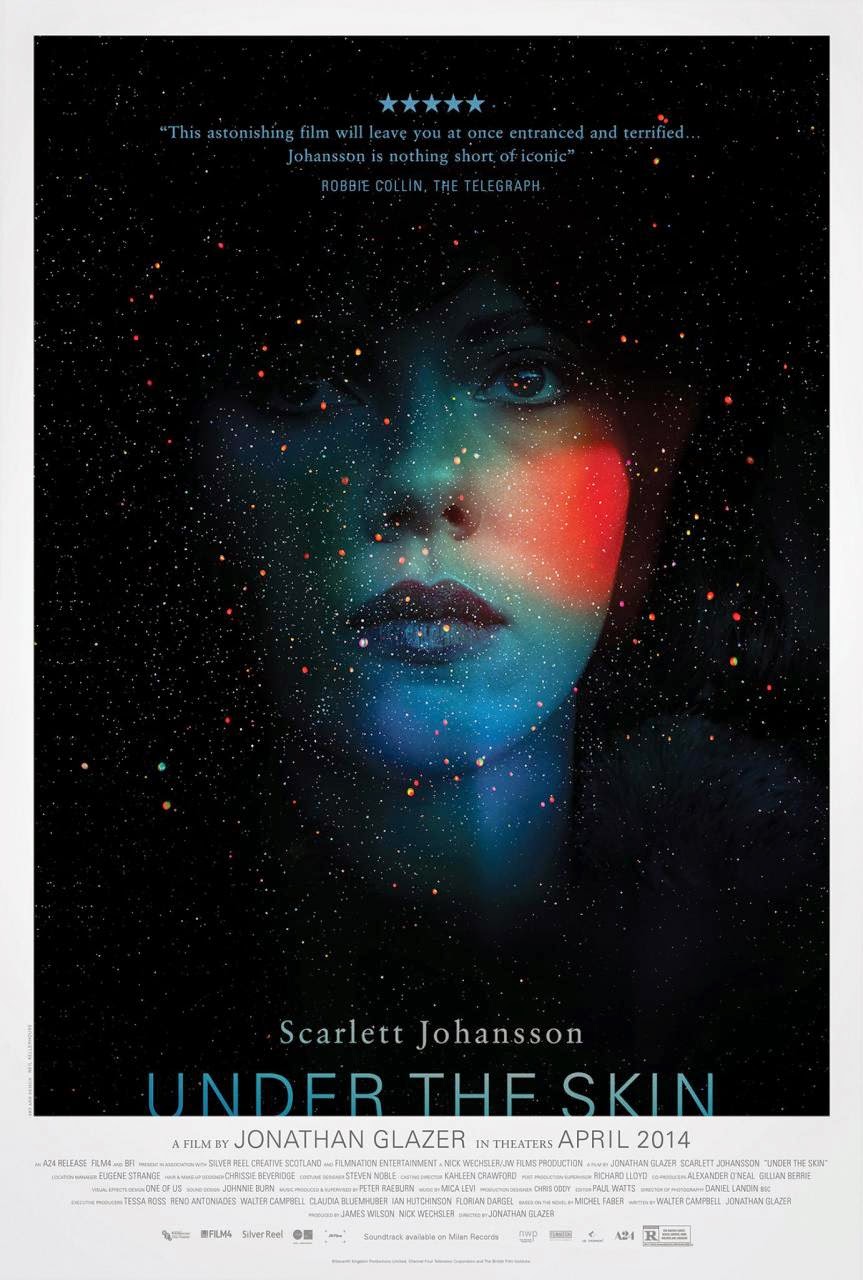In honour of Godzilla week, TMMDI is proud to present a first for this movie blog...a book review! Ok, a graphic novel review. Godzilla: Awakening is the brand new graphic novel released by Legendary Comics and is specifically designed to serve as a prequel to the upcoming reboot.

Godzilla: Awakening is an all new origin story designed to tie in with the new movie and establish the M.U.T.Os as a new foe for the king of the monsters. Seemingly disregarding the canon of the Japanese films, the story is being told as a flashback by Dr Serizawa (protagonist scientist of many early Godzilla films) in the year 1980 but recalling events from the late 40s/early 50s. The story tells of a mysterious flying creature surfacing in the aftermath of Hiroshima and going on somewhat of a rampage around the pacific. However, every time the creature terrorises an island nation, a certain giant lizard always appears to repel the attacks. Although sightings of the M.U.T.O, named Shinomura, are common, the army somehow manages to miss Godzilla everytime, leaving Serizawa as the only man who believes that Godzilla not only exists, but can be harnessed against Shinomura.
This leads on to an extraordinary flash back stretching back 250 million years which explains the ancient, symbiotic relationship between Godzilla and Shinomura. It also explains that Shinomura has regenerative qualities and must be stopped before it grows too large. This leads to the formation of the "Monarch unit", a top secret military operation tasked with tracking the Shinomura and destroying it. But with Serizawa hot on the tail of Godzilla, he makes it his mission to unearth the beast and pit the rival kaiju against each other before the Monarch unit resort to nuclear weapons.
This comic is a thoroughly enjoyable romp through time and across the pacific which serves as a wonderful introduction to the nature of the relationship between Godzilla, the M.U.T.Os and, of course, the humans stuck in the middle. Something that I really appreciated, and I hope is reflected in the movie, was the very slow introduction to Shinomura. Although ultimately revealed to be a fascinating design incorporating elements of a Cobra, bat and scorpion, for many pages the monster is merely glimpsed as a silhouette or as a mysterious tentacle. This is a really tried and tested technique of introducing a monster and kept me staring at the illustrations.
You have to also praise the ambition of the story, covering no less than 3 distinct time frames and hopping back and forth between 1945 and 1954 many times, you get a real sense of scale and history from the pages. The pages themselves are beautifully drawn by a trio of 3 pencilers and the multiple settings from around the pacific are really brought to life. The characters are drawn with a wise sense of realism given the tone of the upcoming film but still retain that b-movie quality and exaggerated style and the dialogue is written in a very traditional Godzilla style which will be very familiar to fans who used to fairly convoluted sci-fi exposition.
I would highly recommend this book to any Godzilla fan who's looking forward to the upcoming film and just can't get enough of the rebooted concept. It remains to be seen how much time will be dedicated to explaining the origin of the M.U.T.Os in the movie or whether Shinomura will feature (i personally really hope it will) and if those elements aren't included then all the more reason to check out this gem.
**** 4 Stars
Have you had a chance to check out this graphic novel? Have you read any other Godzilla comics?



































